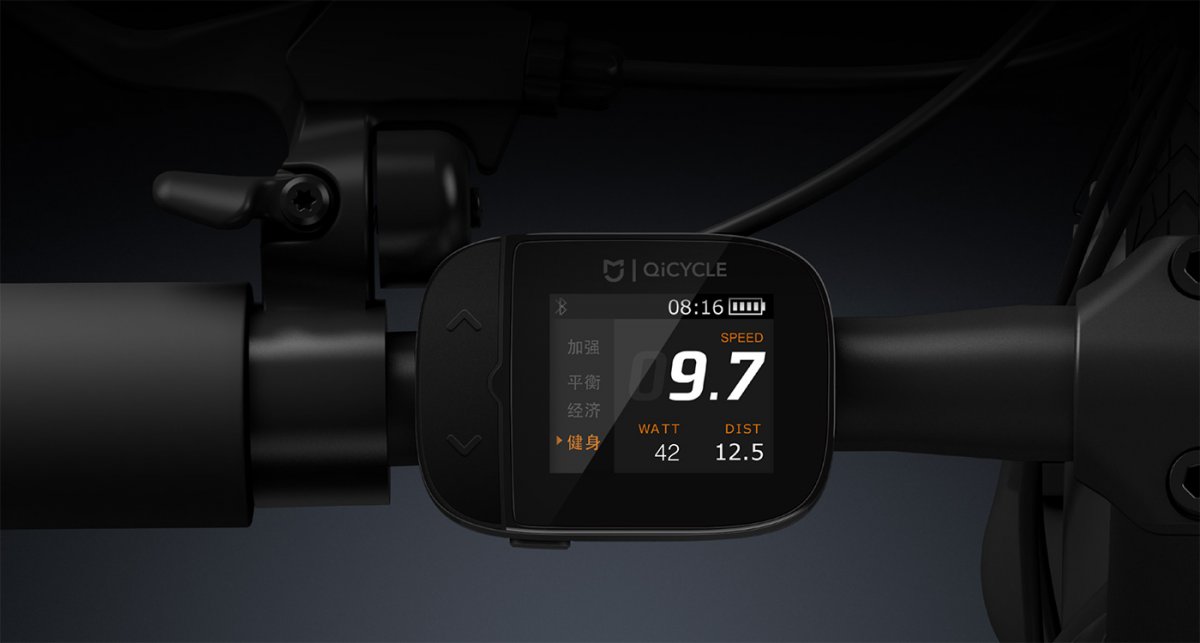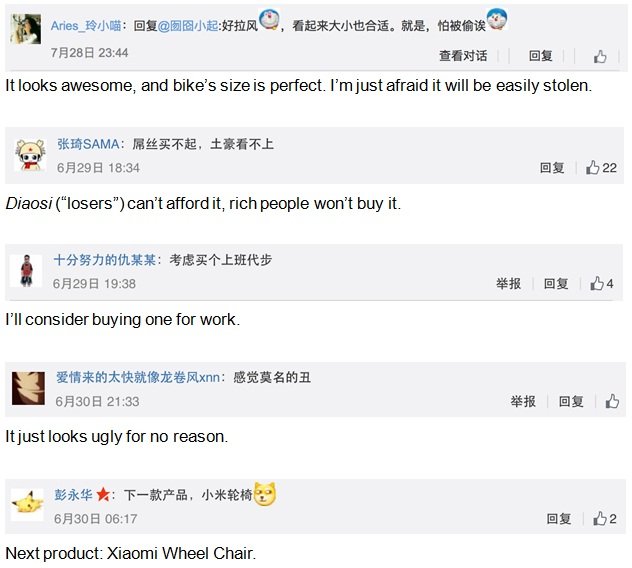From Smartphones to Smart Cycles: Xiaomi Looks to Rule the Road With New Mi QiCycle Folding Electric Bikes
Anything you can do, Xiaomi can do cheaper. That at least seems to be the Chinese tech giant’s motto as it recently dived into the highly competitive smartphone and notebook markets, before (curiously) branching into the home appliance sector with rice cookers, air purifiers, and other home appliances. Now the company’s seemingly haphazard (or perhaps diabolically ambitious) attempts to undercut an eclectic array of competitors with cheaper alternatives continues with the unveiling of its new Mi QiCycle.
RELATED: Cheap Air Purifiers For Sale
On August 2, a CNet article described how the bike, priced at RMB 2,999, boasts a 250-watt 36-volt high-speed motor that can reach a maximum speed of 20km/h on flats and with a 45km range. The author, who had an opportunity to test the bike, complimented its ease of use and described himself as “whizzing merrily along.”
However, he also cited numerous flaws, including the bike’s faulty folding as compared to more smooth, compactly designed alternatives like Terns or Bromptons cycles, as well as the clunkiness of the seat’s adjustability, and the lack of “regenerative braking to help you gain back electric power” while riding. But in the end, he praised the price above all, writing: “At USD 450 for a really well-built bike, it feels ridiculously affordable.”

A writer for Engadget, meanwhile, was also enthused about the bike’s affordability, writing that’s its price is “a fraction of what you'd normally pay.” His piece noted that the bike was developed in cooperation with the Xiaomi-backed startup iRiding, before going on to outline its more techy aspects, like a Bluetooth connection that lets a smartphone app monitor ride stats and GPS navigation. This is where befuddled IT enthusiasts will find some overlap between Xiaomi’s more famous tech products and the bike. As if to rebuke any such skeptics, Xiaomi stressed in an earlier statement that it was not only a smartphone company but also a technology company, before adding that the Mi QiCycle “is your smartest ride on two wheels.”

Earlier articles outline Xiaomi’s plans to build a “Mi Ecosystem” of products that can address nearly every consumer need or desire. One piece described it as “an ambition to not only own the smartphone space, but to also litter its brand around our living space.” Now not only our gadgets and homes, but also our commutes, can all coincide with the Xiaomi brand.
With Beijing's bike lanes set to expand by 3,200km by 2020, it may be that those living further out of the city now have access to safe and convenient roads that transport them into the center without the worry of having to ride the equivalent of a Tour de France stage to get to work every day. Such small, motorized, and affordable bikes will allow them to do just that while simultaneously reducing Beijing's woeful congestion and pollution problems.
More stories by this author here.
Email: kylemullin@truerun.com
Twitter: @MulKyle
WeChat: 13263495040
Photos: Miui, Engadget




